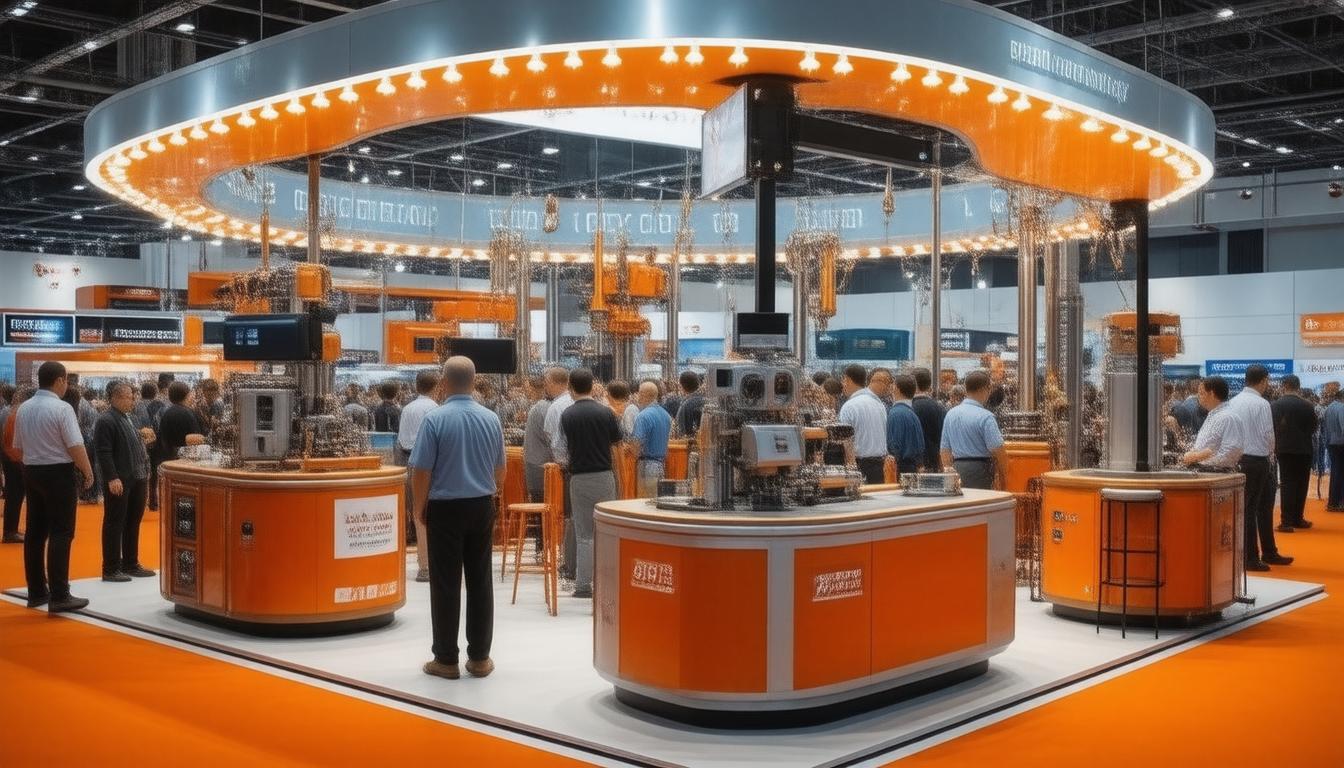
Sewer inspection is a crucial aspect of maintaining a city’s underground infrastructure. In Moscow, Idaho, like any other city, the integrity of the sewer systems plays a significant role in ensuring the health and well-being of its residents, as well as the local environment. Regular inspections help to identify potential issues such as blockages, leaks, and structural degradation before they become severe. This proactive approach prevents major disruptions and costly emergency repairs, and ensures that the system operates efficiently.
The Role of Advanced TechnologiesMoscow’s approach to sewer inspection incorporates state-of-the-art technologies that provide detailed insights into the condition of underground pipes. Camera inspections, for example, utilize high-definition waterproof cameras that travel through the sewer lines, transmitting real-time images back to the operators. This allows for a thorough assessment without the need for disruptive excavation work. With the help of these advanced tools, engineers and city officials can make informed decisions regarding maintenance schedules, rehabilitation, or replacement of sewer segments.
Routine Maintenance and Inspection SchedulesThe City of Moscow maintains a routine inspection schedule to manage their extensive network of sewer lines effectively. Inspections are prioritized based on several factors such as the age of the pipes, the material they are made from, previous issues, and the critical nature of specific sewer lines to the overall system. Regular maintenance includes cleaning and removing obstructions, thereby enhancing the flow and extending the lifespan of the sewer infrastructure. Preventive maintenance is always cost-effective in the long run, reducing the chances of large-scale system failures.
Public Awareness and CollaborationAn often overlooked part of sewer system maintenance is public involvement. Encouraging residents to avoid disposing of inappropriate items down drains and toilets is crucial. Moscow works on fostering a collaborative relationship with its citizens, educating them on the impacts of their actions on the sewer system, and how they can help maintain it. Community outreach programs and public service announcements play a role in preventing blockages caused by grease, wipes, and other non-biodegradable materials.
Challenges and Future OutlookInspecting and maintaining the sewer infrastructure in Moscow, Idaho, not without its challenges. Urbanization, an increasing population, and the age of some sewer lines often strain the system. Funding for ongoing maintenance and upgrades can be limited, and therefore must be allocated smartly. Looking into the future, Moscow is investing in comprehensive planning, incorporating climate resilience and sustainability into its sewer infrastructure management. Embracing innovative inspections and maintenance techniques will remain a top priority to ensure the city’s underground infrastructure can meet the demands of both its current and future residents.
ConclusionSewer inspection is a vital function for the city of Moscow, ensuring the safety, efficiency, and reliability of the underground infrastructure. With ongoing commitment to utilizing advanced technologies and routine maintenance, coupled with community engagement and future-focused planning, Moscow aims to maintain a robust and sustainable sewer system for years to come. By staying ahead of potential issues, the city safeguards not only the environment but also the quality of life for all its inhabitants.






